The state of prisons and the treatment of inmates vary widely, with some countries prioritizing punishment while others emphasize rehabilitation and reintegration into society. These differences can lead to vastly different outcomes for prisoners, affecting their likelihood of reoffending and their ability to reintegrate into society upon release. The following examination of prison conditions across 25 countries will reveal the stark contrasts in how justice is served globally.
By diving into these diverse prison systems, we can better understand the challenges and successes of different approaches to incarceration. This exploration not only highlights the conditions of confinement but also raises important questions about human rights, justice, and the effectiveness of various correctional practices. Join us as we journey through the prison systems of the world, uncovering the realities faced by inmates in different countries.
Colombia
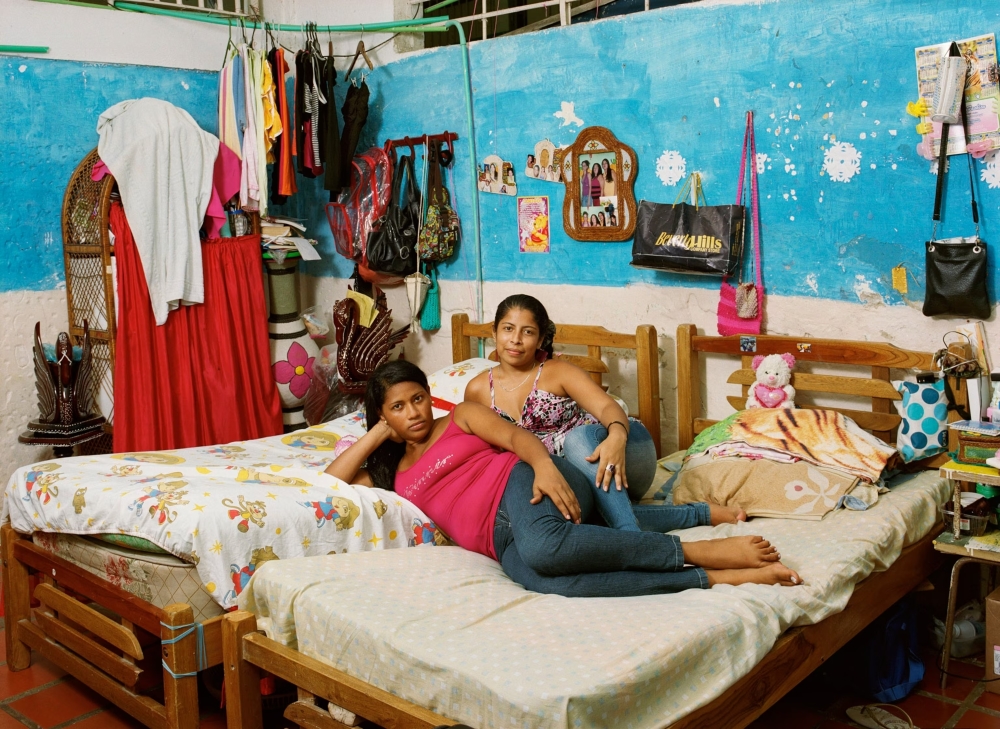
In Colombia, the overcrowding in women’s prisons is a significant issue, with cells designed for two often housing between 10 to 20 women. This extreme overcrowding creates an environment ripe for corruption and violence, as inmates struggle to survive in such confined spaces. The lack of basic resources and privacy further exacerbates the harsh conditions.
Despite these challenges, there is a unique aspect to Colombian prisons: an annual beauty pageant held within the prison walls. This event provides a brief respite from the daily struggles of prison life, offering inmates a chance to express themselves and momentarily escape the harsh realities of their incarceration. However, it also raises questions about the broader conditions and priorities within the prison system.
Uganda
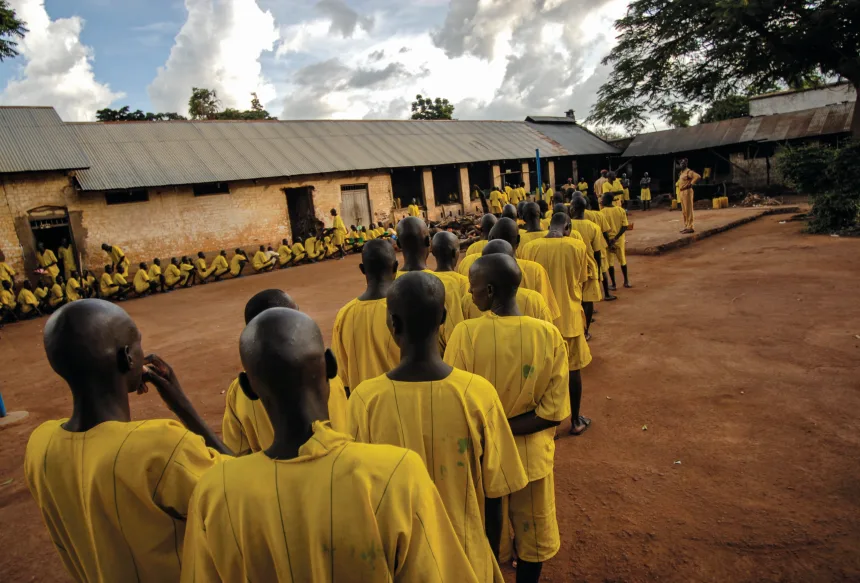
Ugandan prisons face severe resource shortages, leading to conditions that can only be described as dire. Food scarcity is a persistent problem, forcing inmates to grow, harvest, and prepare their own food. This self-sufficiency is a necessity rather than a choice, as the prison system struggles to meet even the most basic needs of its population.
The harsh realities of Ugandan prisons extend beyond food shortages. Overcrowding, poor sanitation, and limited access to medical care contribute to an environment where survival often depends on the inmates’ ability to fend for themselves. The lack of external support and resources highlights the challenges faced by the Ugandan criminal justice system.
El Salvador
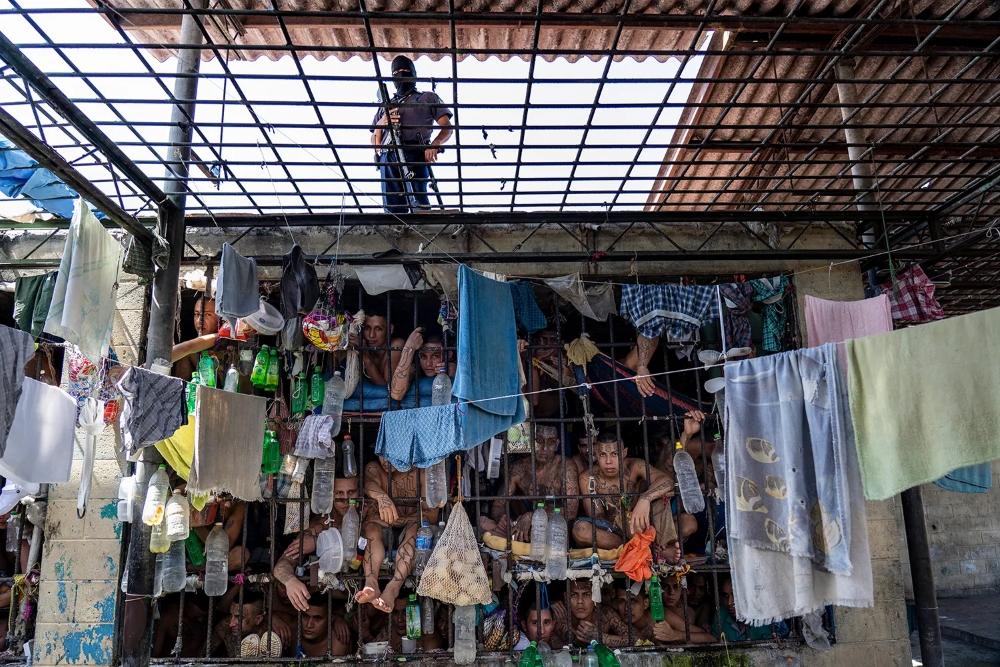
El Salvador’s prisons are notorious for their overcrowded and violent conditions. Inmates are crammed into cells with barely enough room to stand, let alone live. This extreme overcrowding is a breeding ground for violence, as tensions run high in the confined spaces. Rights violations, poor living standards, and rampant corruption further plague the system.
The situation in Salvadoran prisons is a reflection of the broader challenges facing the country’s criminal justice system. With limited resources and a high incarceration rate, the system struggles to maintain order and ensure the safety of both inmates and staff. The ongoing violence and corruption within these facilities highlight the urgent need for reform.
China
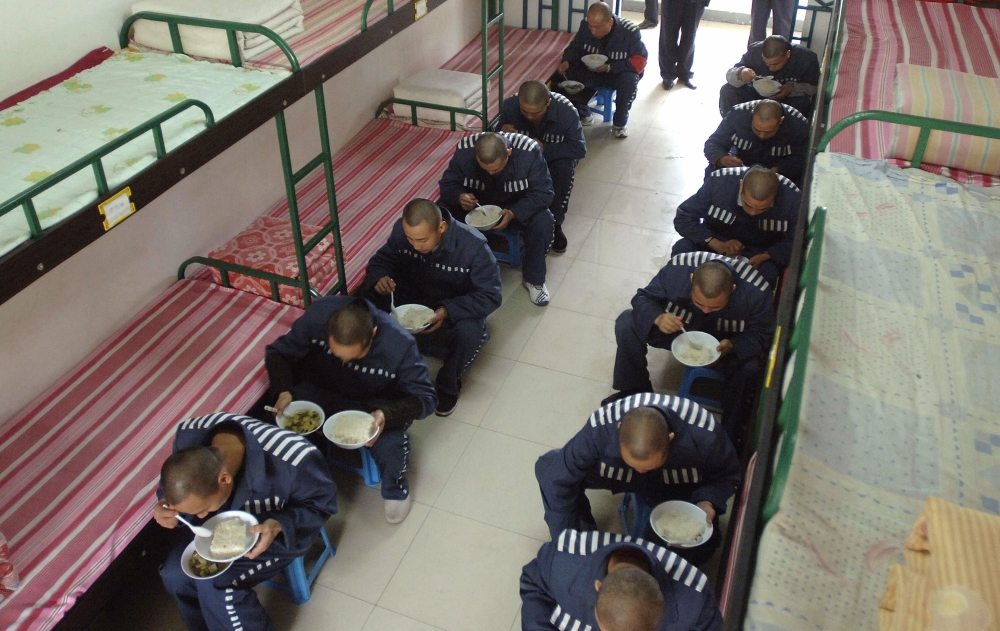
Chinese prisons are known for their strict discipline and control, with inmates often housed in communal cells where privacy is limited. The prison regime is rigid, with inmates subjected to strict schedules and intense surveillance. This environment, while orderly, can be harsh, with reports of torture and other forms of mistreatment emerging from time to time.
The Chinese approach to incarceration is deeply rooted in a philosophy of control and conformity. Inmates are expected to adhere to strict rules and regulations, with little room for individuality or dissent. This rigid system is designed to maintain order, but it often comes at the expense of the inmates’ well-being and rights.
India
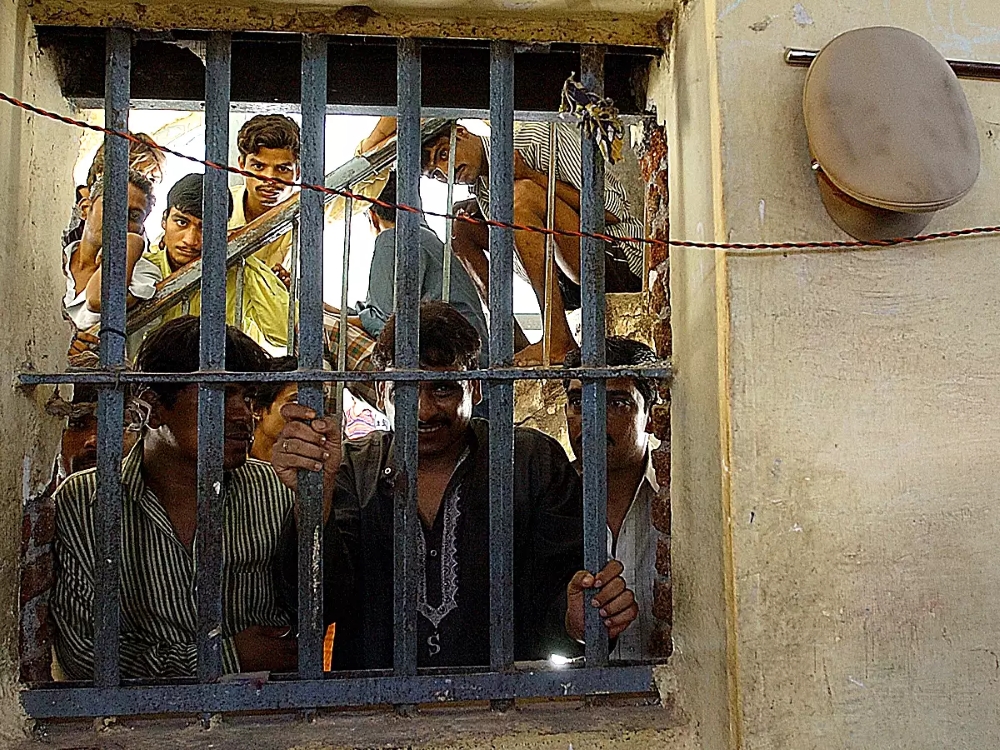
Indian prisons are plagued by a range of issues, from overcrowding and staff shortages to poor hygiene and inadequate access to healthcare. Inmates often live in squalid conditions, with limited access to basic necessities like clean water and food. Corruption and internal disorder within the facilities further exacerbate the already challenging conditions.
In addition to these physical challenges, inmates in Indian prisons often face violations of their rights, including limited access to legal representation and educational programs. The lack of resources and support within the prison system makes it difficult for inmates to rehabilitate and reintegrate into society upon release, perpetuating a cycle of incarceration.
Spain
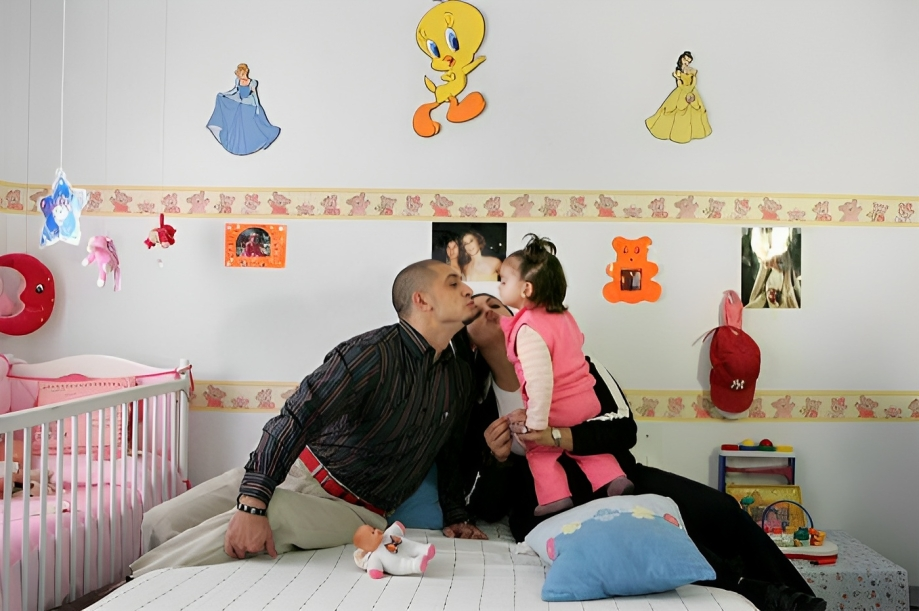
In Spain, the prison system reflects the country’s strong emphasis on family and social connections. Special rooms are available in prisons where inmates can spend time with their children and family members, creating a more humane environment for both the inmates and their loved ones. This focus on maintaining family ties is seen as crucial to the rehabilitation process.
In addition to these family-friendly initiatives, Spanish prisons also prioritize the well-being of inmates by providing access to educational programs and psychological support. This approach is designed to help inmates reintegrate into society upon release, reducing the likelihood of reoffending. The humane treatment of inmates in Spain’s prisons reflects the country’s broader commitment to social welfare and justice.
USA
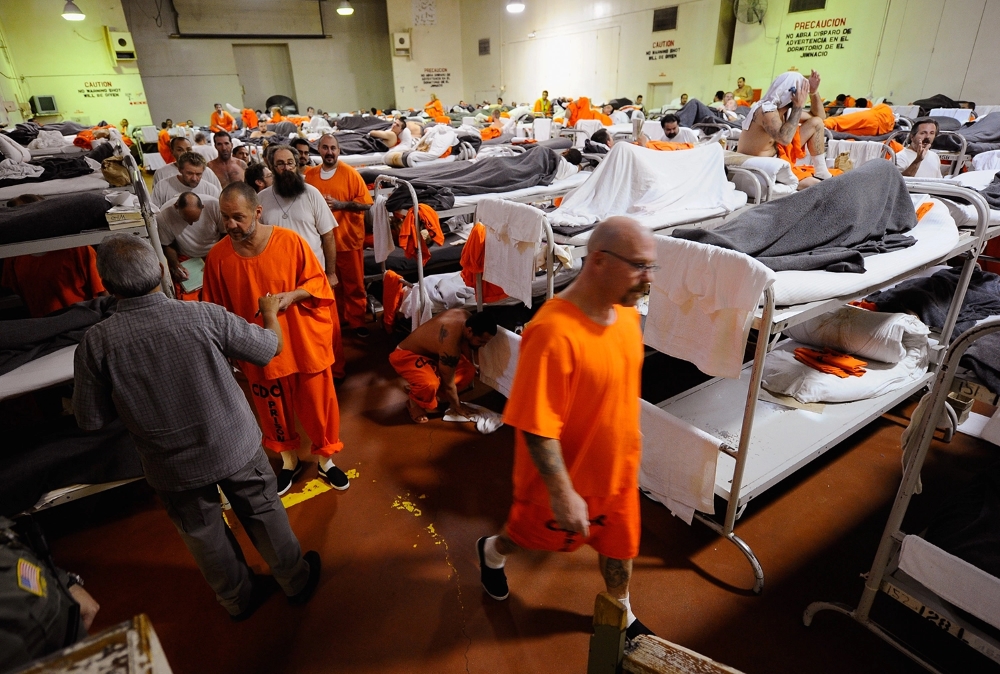
The United States has one of the highest incarceration rates in the world, with prison conditions varying widely depending on the state and facility. Some prisons are overcrowded, with inmates living in cramped conditions and facing limited access to basic necessities. In these facilities, the focus is often on punishment rather than rehabilitation, with inmates facing harsh treatment and long sentences.
However, not all U.S. prisons operate under such conditions. In some states, there is a stronger emphasis on rehabilitation, with inmates receiving educational and vocational training to help them reintegrate into society. The contrast between different facilities highlights the complexity of the U.S. prison system, where both punitive and rehabilitative approaches coexist.
Philippines
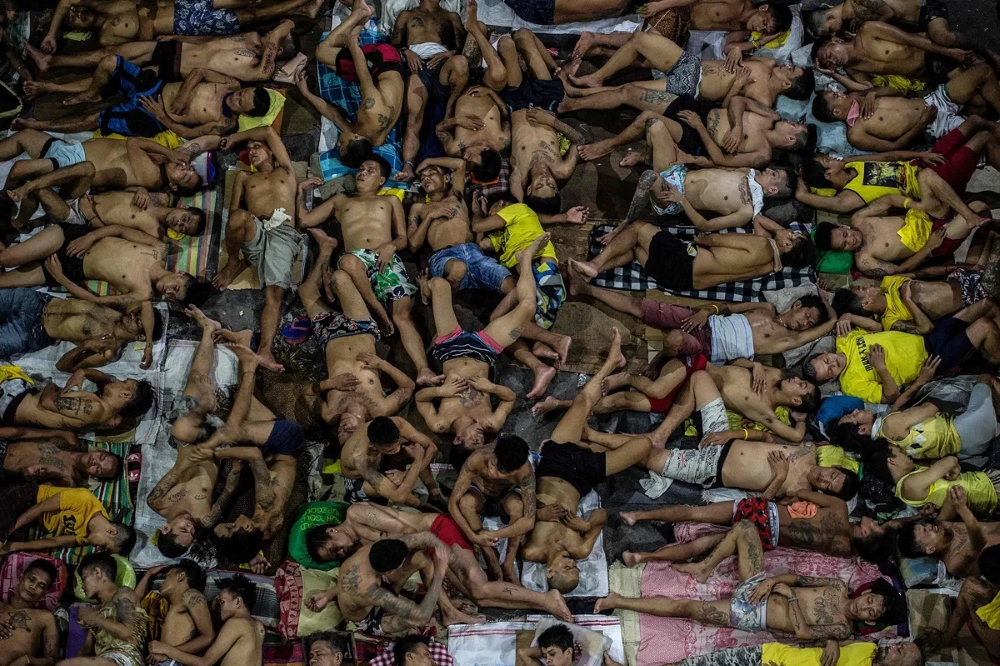
Prisons in the Philippines are notoriously overcrowded, with inmates often living in cramped and unsanitary conditions. The lack of space and resources makes it difficult to provide adequate care and support for the prison population, leading to widespread health issues and limited access to educational programs.
Despite these challenges, there have been efforts to improve the conditions in Philippine prisons, with some facilities introducing vocational training programs and other initiatives aimed at rehabilitation. However, the overcrowding and lack of resources remain significant barriers to meaningful reform, leaving many inmates to endure harsh conditions.
Norway
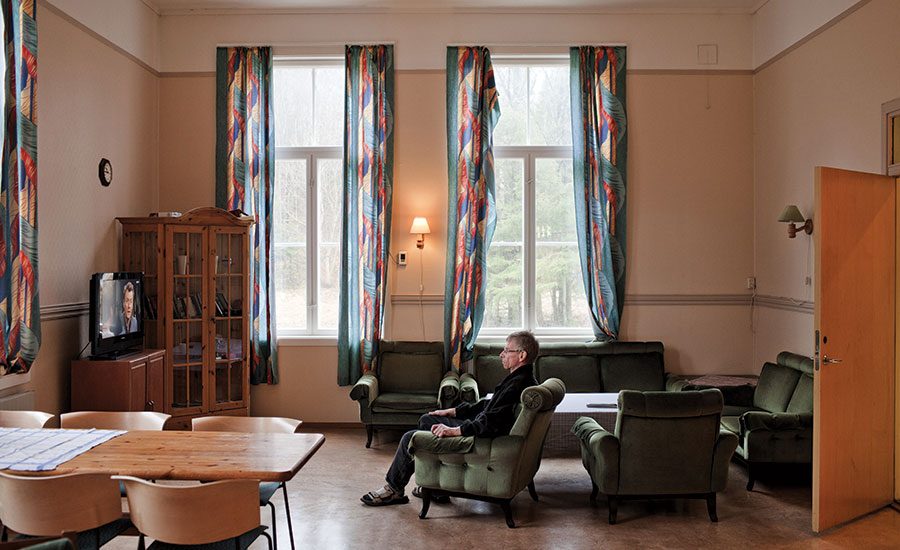
Norwegian prisons are often held up as a model of humane incarceration, with a focus on rehabilitation rather than punishment. Inmates live in comfortable conditions, with access to private rooms, education, and vocational training. The goal is to help inmates reintegrate into society and reduce recidivism rates, making the prison experience as constructive as possible.
The Norwegian approach to incarceration is based on the belief that treating inmates with respect and dignity will lead to better outcomes both for the individuals and society as a whole. This philosophy is reflected in the design and operation of Norwegian prisons, where the emphasis is on creating a supportive environment that fosters personal growth and rehabilitation.
Malawi
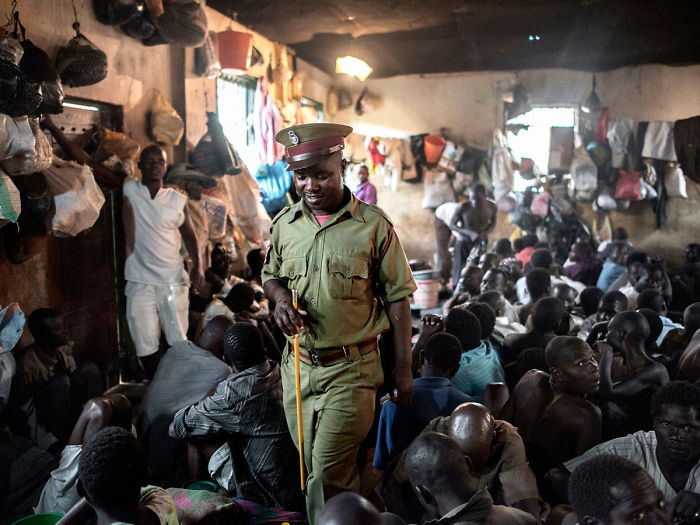
Malawi’s prison system is marked by severe overcrowding, with some facilities housing more than 120 inmates per toilet. This extreme overcrowding, combined with inadequate access to food and healthcare, creates conditions that are often inhumane and unsanitary. Inmates are typically fed only once a day, and the lack of basic amenities makes survival a daily struggle.
Entertainment and activities within Malawian prisons are limited, with sports being one of the few available outlets for inmates. The harsh conditions and lack of resources highlight the broader challenges facing Malawi’s criminal justice system, where limited funding and infrastructure contribute to the ongoing human rights issues within the prison system.
Iran
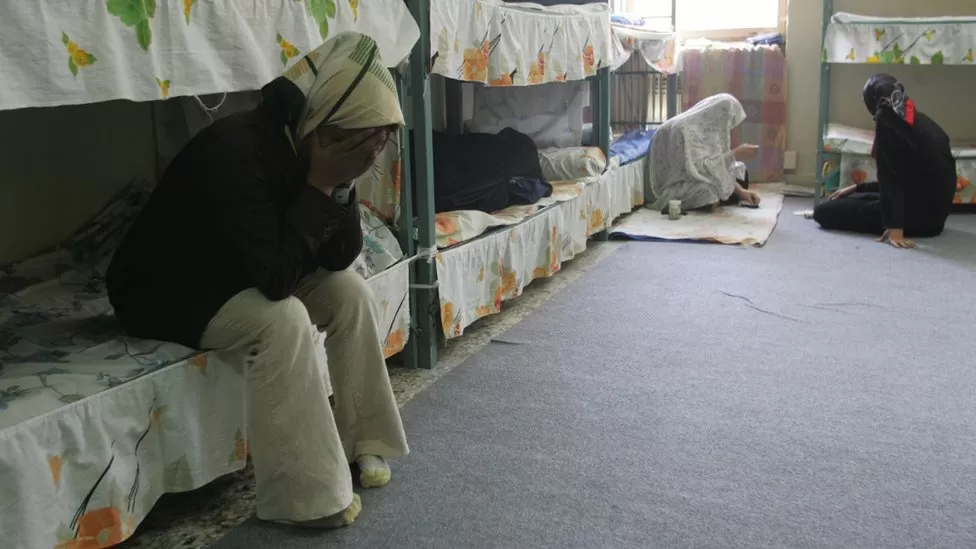
Iranian prisons are often characterized by their harsh and repressive conditions, with inmates facing severe restrictions on their freedom and access to information. Female inmates, in particular, are vulnerable to abuse and mistreatment, including invasive strip searches and other forms of gender-based violence. The lack of transparency and accountability within the prison system makes it difficult to address these abuses.
In addition to the physical challenges, inmates in Iran also face psychological pressures, with limited access to mental health support and rehabilitation programs. The harsh conditions within Iranian prisons reflect the broader political and social challenges facing the country, where dissent and opposition are often met with severe punishment.
Japan
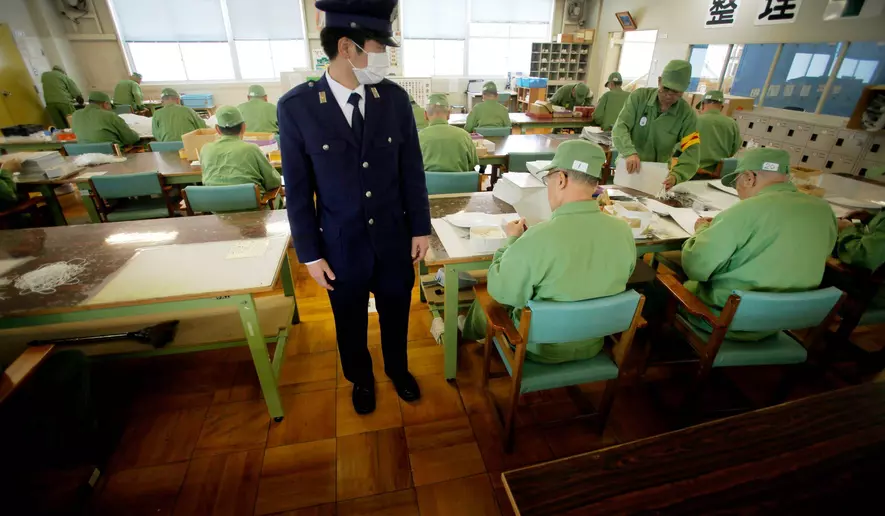
Japan’s prison system is unique in that a significant portion of the inmate population is elderly. As the number of elderly prisoners continues to rise, Japanese prisons have adapted by providing amenities such as handrails, soft food, and specialized work programs like knitting and sewing. These accommodations reflect the aging population within the prison system and the challenges associated with caring for older inmates.
Despite these adaptations, Japanese prisons remain strict and regimented, with inmates expected to adhere to a rigid daily schedule. The combination of discipline and specialized care for the elderly creates a unique environment within the Japanese prison system, where order and respect for authority are paramount.
Haiti
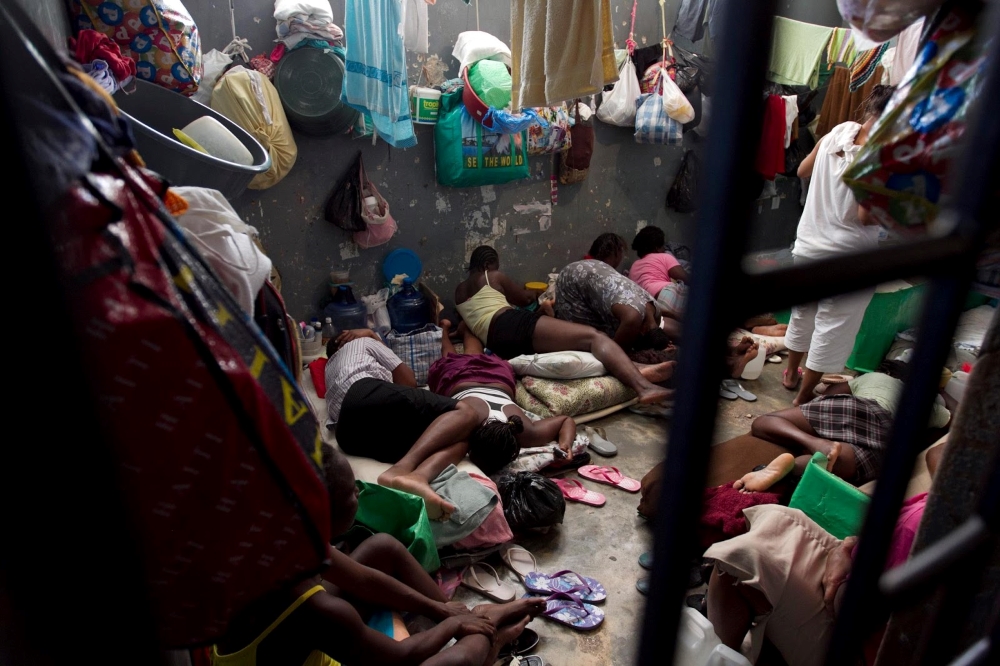
Haitian prisons are some of the most overcrowded and under-resourced in the world, with inmates living in conditions that are often described as inhumane. Personal space is almost non-existent, with multiple inmates sharing a single bed and washing themselves in front of others. The lack of basic amenities and the mixing of women, men, and children within the same facilities further exacerbate the already dire conditions.
The overcrowding in Haitian prisons is a reflection of the broader challenges facing the country’s criminal justice system, where limited resources and corruption have led to widespread human rights abuses. The conditions in these facilities are a stark reminder of the urgent need for reform within the Haitian prison system.
England
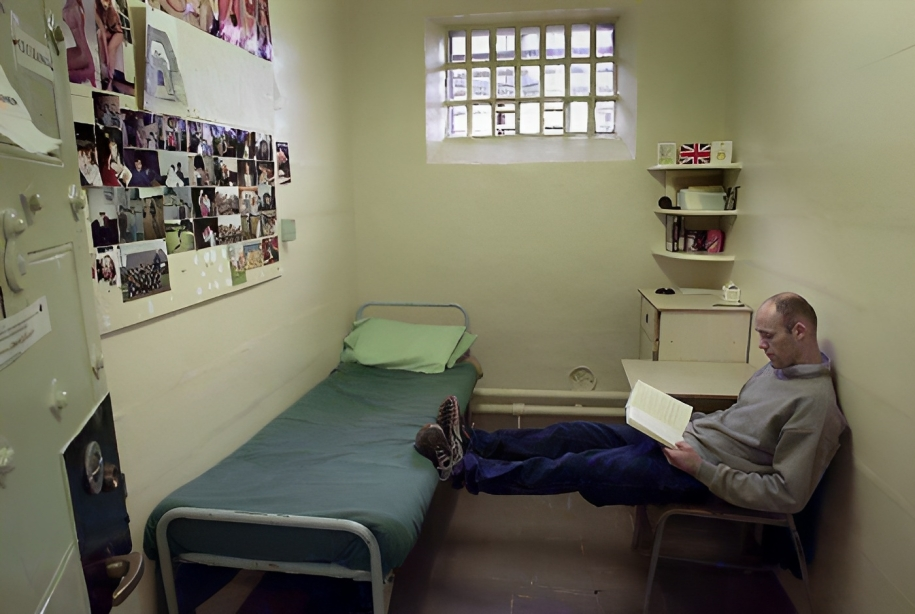
In England, prison conditions vary, but many facilities provide inmates with access to small luxuries like televisions, gaming consoles, and musical instruments. These amenities are often contingent on good behavior, encouraging inmates to comply with prison rules and regulations. The focus on education and work programs within the prison system also plays a significant role in the rehabilitation process.
Despite these efforts, the English prison system is not without its challenges. Overcrowding and resource limitations can impact the quality of life for inmates, and the system continues to grapple with issues related to mental health and substance abuse among the prison population. The balance between punishment and rehabilitation remains a central concern within the English criminal justice system.
Thailand
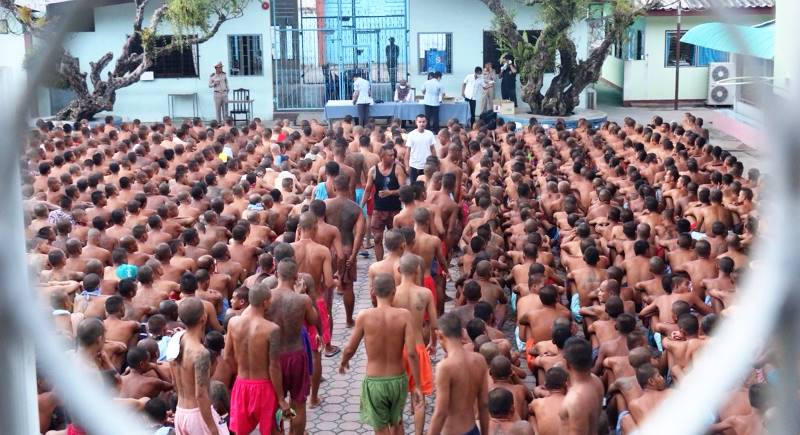
Thai prisons are notorious for their overcrowded and harsh conditions, with inmates often living in squalid environments. Corruption is widespread within the prison system, leading to disparities in the treatment of inmates. Those with resources may be able to secure better conditions, while others endure inadequate food, limited medical care, and physical punishment.
In addition to these challenges, the Thai prison system is also known for its strict discipline and harsh penalties for infractions. The combination of overcrowding, corruption, and strict control creates an environment where inmates struggle to maintain their dignity and well-being. These conditions highlight the broader issues facing the Thai criminal justice system, where reform efforts have been slow to take hold.
France
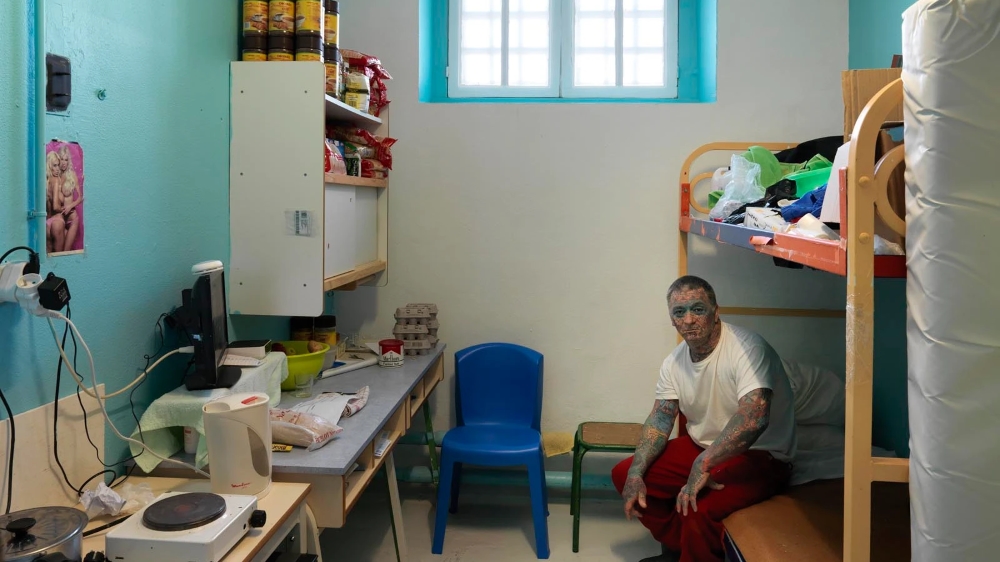
French prisons offer a more lenient approach to incarceration, allowing inmates to have personal items and even cook their own meals in some facilities. These privileges are part of a broader effort to maintain a sense of normalcy and dignity within the prison environment. Access to medical assistance and psychological support is also provided, helping to address the physical and mental health needs of inmates.
However, the French prison system is not without its challenges. Overcrowding and resource limitations can still impact the quality of life for inmates, and the system continues to grapple with issues related to prisoner rights and rehabilitation. The balance between humane treatment and maintaining order remains a key focus within the French criminal justice system.
Mexico
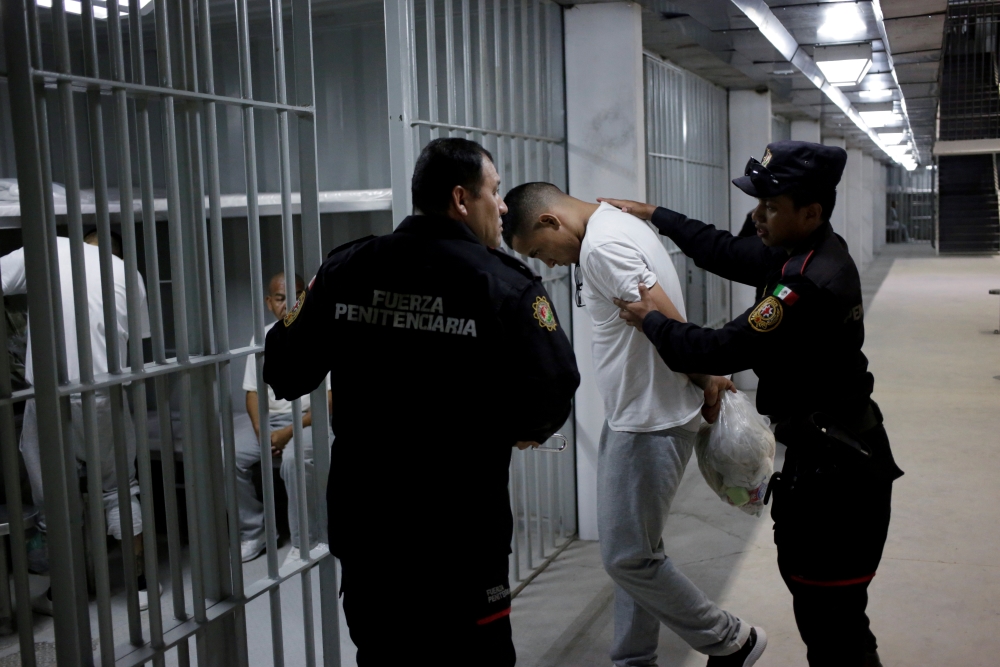
Mexican prisons are plagued by a range of issues, including staff shortages, poor hygiene, and inadequate medical care. The lack of resources and overcrowding contribute to an environment where inmates often struggle to meet their basic needs. Gangs and organized crime groups operate within many facilities, further complicating efforts to maintain order and ensure the safety of inmates.
The presence of gangs within Mexican prisons is a reflection of the broader challenges facing the country’s criminal justice system. Corruption and violence are pervasive, making it difficult to implement meaningful reform. The conditions within Mexican prisons highlight the urgent need for changes to address the systemic issues that contribute to the high levels of crime and incarceration in the country.
Bolivia
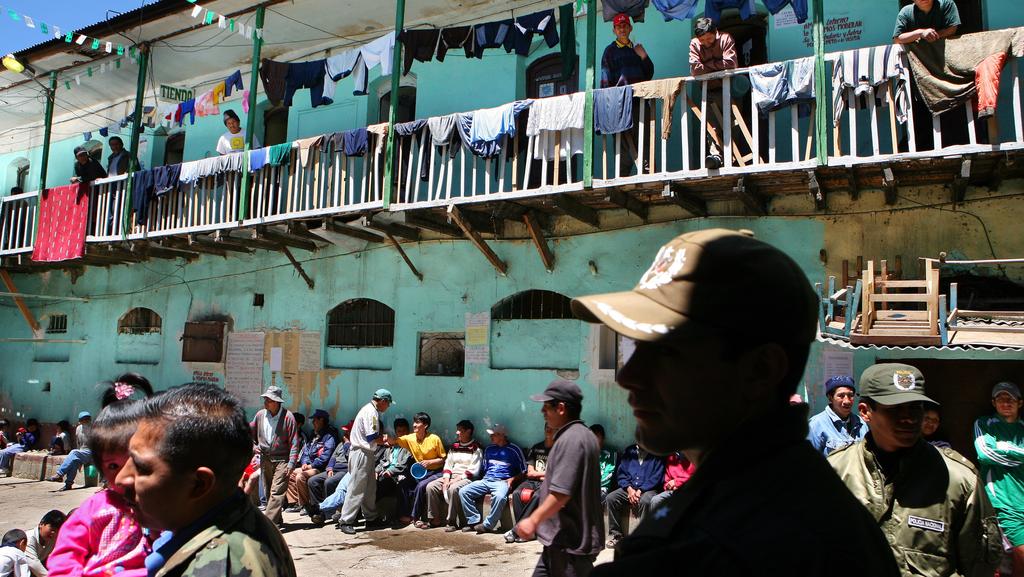
Bolivia’s La Paz prison, known as “San Pedro,” is one of the most unusual and unique prisons in the world. Inmates in this facility operate their own small businesses, creating a self-sustaining economy within the prison walls. Families are allowed to live with inmates, creating a community-like atmosphere that is rare in the prison system.
Despite the unique setup, San Pedro prison faces significant challenges, including overcrowding and a lack of resources. The informal economy within the prison can lead to disparities in the treatment of inmates, with those who have access to money and resources living more comfortably than those who do not. The conditions within San Pedro highlight the complexities of managing a prison system that operates outside traditional structures.
Netherlands
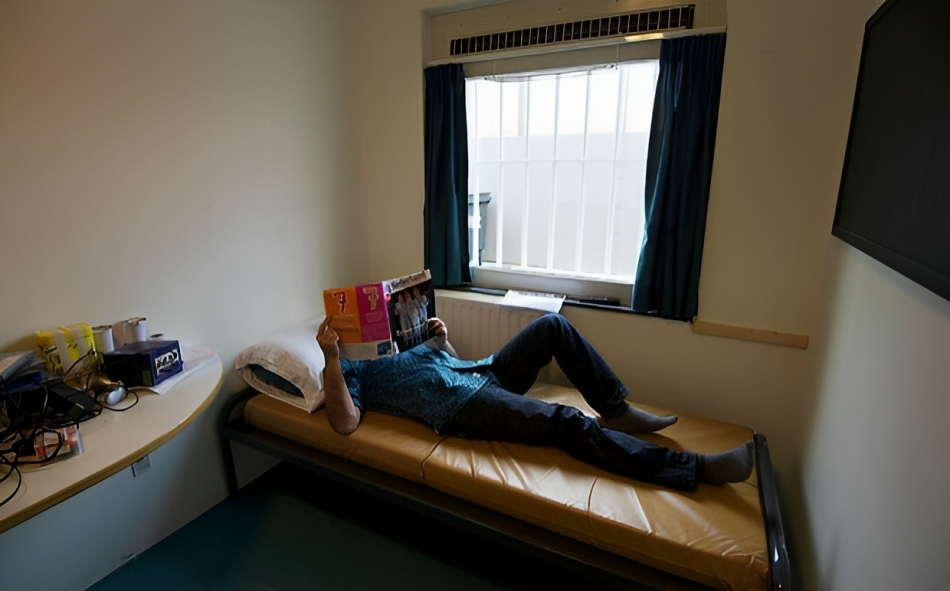
In the Netherlands, the criminal justice system places a strong emphasis on rehabilitation and reintegration, resulting in a low incarceration rate. Many prisons have been closed in recent years due to a lack of inmates, as the country focuses on alternative forms of punishment and rehabilitation. Inmates who are incarcerated have access to educational programs and employment opportunities within the prison system.
The Dutch approach to incarceration reflects a broader societal commitment to social welfare and justice. By prioritizing rehabilitation over punishment, the Netherlands has been able to reduce recidivism rates and improve outcomes for inmates. This model of incarceration is often cited as a successful example of how to manage a prison system in a humane and effective manner.
Singapore
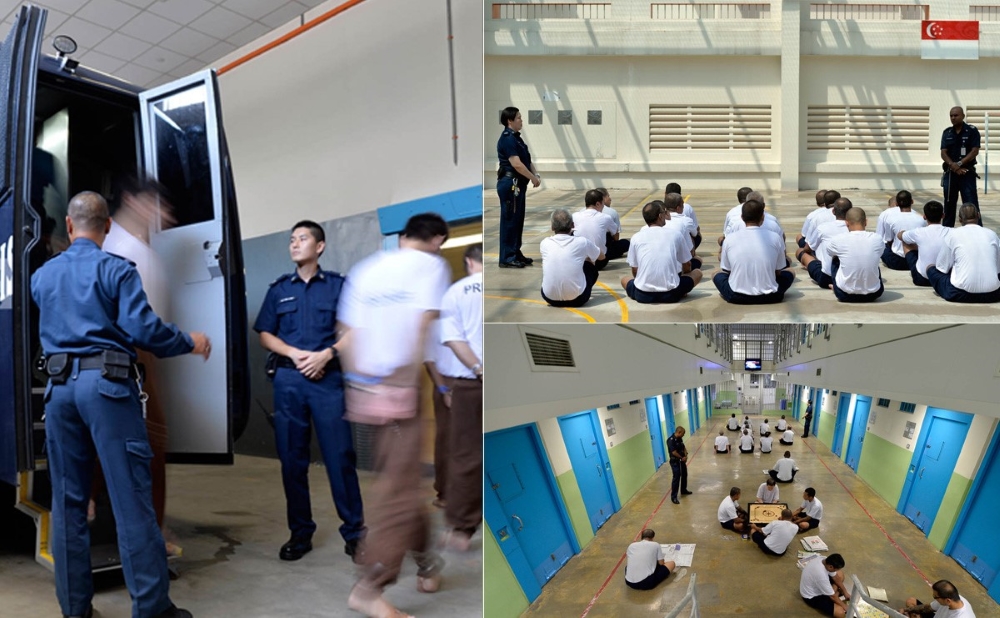
Singapore’s prisons are known for their cleanliness and strict rules, with inmates typically held in individual cells or small communal cells. The prison system is highly regimented, with strict schedules and expectations for inmate behavior. This disciplined environment is designed to maintain order and ensure the safety of both inmates and staff.
Despite the strict conditions, Singaporean prisons also offer educational and vocational training programs aimed at helping inmates reintegrate into society upon release. The focus on discipline and rehabilitation reflects Singapore’s broader approach to law and order, where strict enforcement is balanced with efforts to reduce recidivism and promote social stability.
Israel
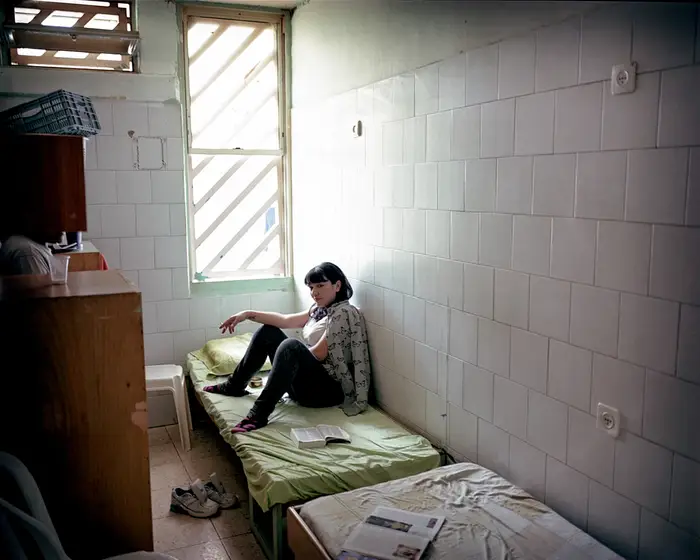
Israel’s prison system includes only one women’s prison, which is severely overcrowded. Inmates are often held in small cells with around six women sharing the limited space. This overcrowding, combined with reports of violence and mistreatment from prison guards, creates a challenging environment for the inmates.
The conditions within Israel’s women’s prison reflect broader issues related to gender and incarceration. The lack of resources and support for female inmates highlights the need for reform within the system, where the unique needs of women are often overlooked. The situation in Israel’s prisons underscores the importance of addressing gender-specific challenges within the criminal justice system.
Brazil
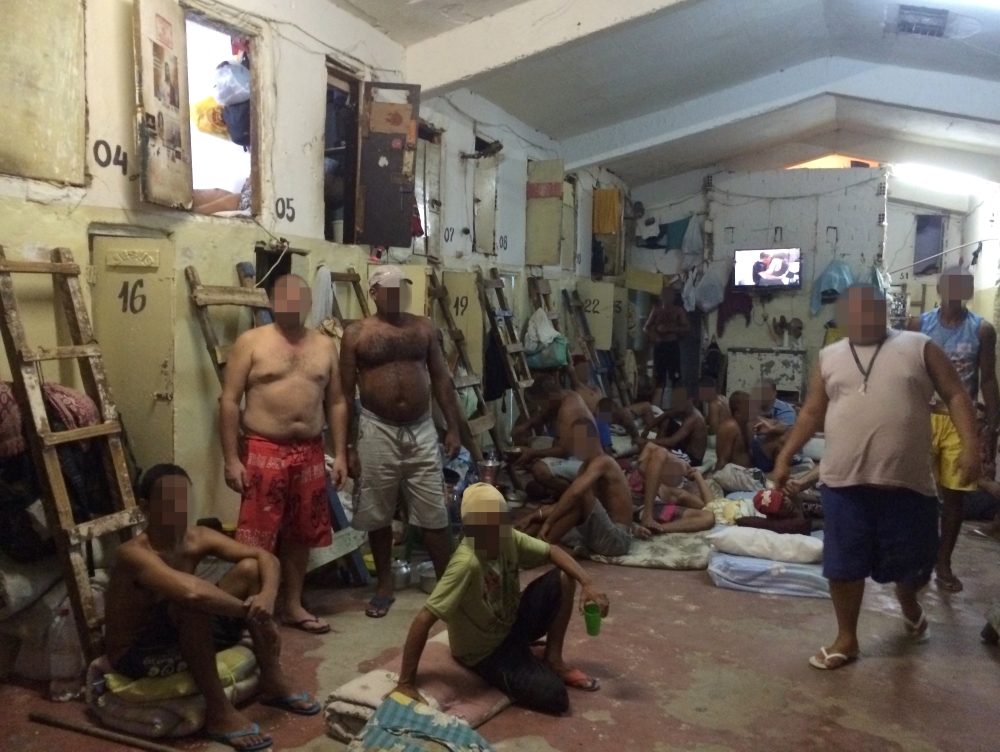
Brazil is home to some of the most overcrowded and under-resourced prisons in the world, with inmates facing a lack of access to basic necessities like food and medical care. The high crime rate in the country has led to an overburdened prison system, where inmates often live in squalid conditions. Violence and corruption are rampant, with gangs and criminal organizations exerting control within many facilities.
The challenges within Brazil’s prison system are a reflection of the broader social and economic issues facing the country. The high incarceration rate and poor conditions within the prisons highlight the need for comprehensive reform to address the root causes of crime and improve outcomes for inmates. The situation in Brazil’s prisons underscores the importance of addressing systemic issues within the criminal justice system.
Scotland

Scottish prisons generally offer a relatively high standard of living for inmates, with access to education and vocational training programs. However, a significant portion of the prison population is incarcerated for drug-related offenses, and many inmates continue to struggle with substance abuse issues even while in prison. The availability of drugs within the prison system remains a persistent challenge.
In response to these issues, there have been efforts to improve support for inmates struggling with addiction, including the introduction of rehabilitation programs and increased access to mental health services. The focus on rehabilitation and support reflects a broader commitment to reducing recidivism and helping inmates reintegrate into society upon release. The situation in Scottish prisons highlights the importance of addressing substance abuse as part of the criminal justice system.
Australia
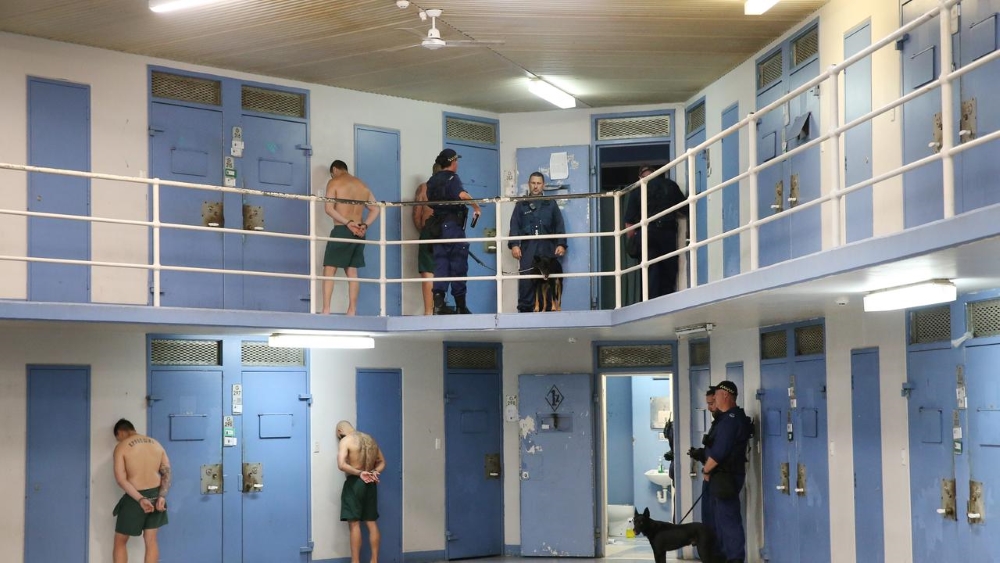
Australian prisons are known for providing more humane conditions than those in some other countries, with inmates typically having access to individual cells or cells with a limited number of neighbors. The focus is often on rehabilitation, with inmates receiving education and vocational training to help them reintegrate into society upon release. The conditions within Australian prisons reflect the country’s broader commitment to social justice and human rights.
However, challenges remain, particularly in relation to the treatment of Indigenous inmates, who are disproportionately represented within the prison system. Efforts to address these disparities include the introduction of culturally sensitive programs and increased support for Indigenous inmates. The situation in Australian prisons underscores the importance of addressing systemic inequalities within the criminal justice system.
Germany
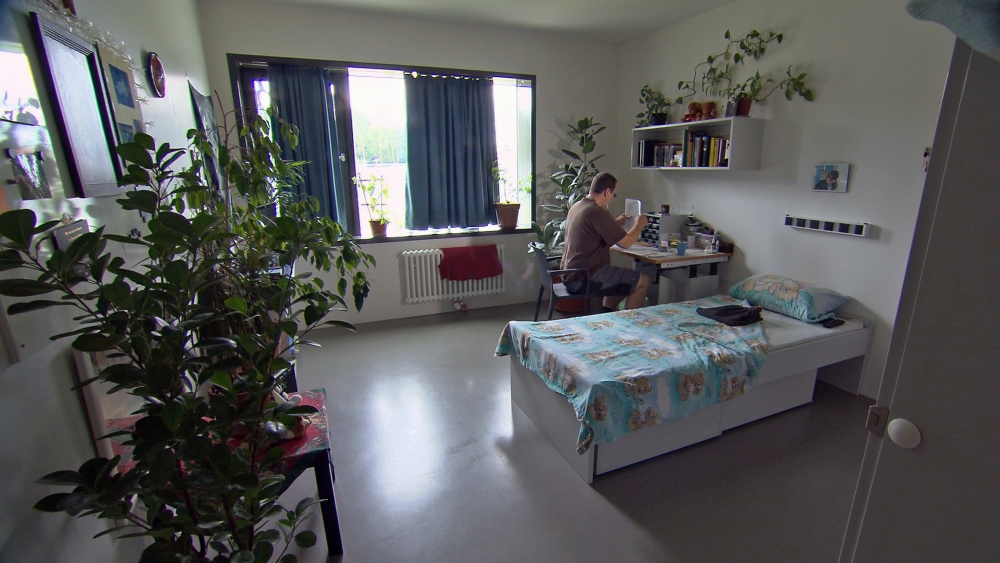
German prisons are designed with a focus on rehabilitation, providing inmates with access to educational programs and medical services. The majority of cells are designed for single occupancy and are equipped with the necessary furniture, allowing inmates to live in relatively comfortable conditions. This approach reflects Germany’s broader commitment to social welfare and the humane treatment of inmates.
The emphasis on rehabilitation within the German prison system is aimed at reducing recidivism and helping inmates reintegrate into society upon release. This focus on education and support has been credited with contributing to the country’s low crime and incarceration rates. The situation in German prisons highlights the effectiveness of a rehabilitative approach to incarceration.












